Safe Herbs for Dogs and Cats: Parsley, Basil and More
When you think of fresh garden herbs, pets are probably not the first thing that pops into your mind. But the truth is that many common herbs are jam-packed with vitamins and minerals, and a lot of them can be safely added to our best friends’ meals! So we’re going to explore this topic, with some safe herbs for dogs and cats! 🌿🐕🐈
In this article, 3 of the most beneficial herbs for your four-legged friends are highlighted. You will master their usage in the blink of an eye!
- Many common herbs can provide essential vitamins and minerals for pets.
- Parsley promotes fresh breath and is rich in vitamins K, C, A, and iron.
- Ginger aids digestion, relieves nausea, and possesses anti-inflammatory properties.
- Basil has calming effects and high antioxidant content for cellular protection.
- Herbs should be added in moderation and prepared properly for pet consumption.
Parsley
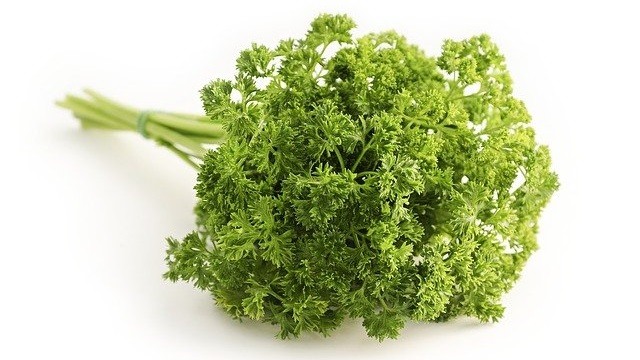
Have you ever thought that parsley might be a good addition to your pet’s diet? Well, it is! A sprig of this herb can provide unique health benefits.
Superpowers:
- Promotes fresh breath. This is the most popular attribute of parsley, and is due to its antimicrobial properties.
- Has loads of vitamins, namely large amounts of vitamin K and healthy amounts of vitamins C and A, and iron. Vitamin K is key in improving blood cells’ health, making parsley well-suited for anemic fur-buddies.
- It’s packed with chlorophyll! Chlorophyll is a natural green pigment presented in green plants. It helps cleanse the body cells, fight infections, heal wounds and build the immune system. It also has detox properties, particularly when it comes to the liver and the digestive system… Which is why many animals with digestive problems tend to eat grass.
- Promotes cardiac health. This is due to its high content in folic acid, one of the most important B vitamins. This vitamin plays a role in the body’s conversion of homocysteine into benign molecules. Homocysteine is a potentially dangerous molecule that, at high levels, can directly damage blood vessels, therefore increasing the risk of heart attacks. Foods rich in folic acid, like parsley, are good preventive resources for pets prone to cardiac disease.
How to use:
Whether it‘s fresh, dried or infused in water, parsley should be added to the pet’s meal in moderation. Just sprinkle small pieces on top of the food… And that will be enough for your pet to benefit from its properties.
Avoid using it during pregnancy or lactation. Parsley stimulates the uterus contractions, which may lead to miscarriages, and may stop milk production. If given in excessive quantities, parsley can also cause skin conditions like dermatitis. So be careful and do not overuse it.
Ginger
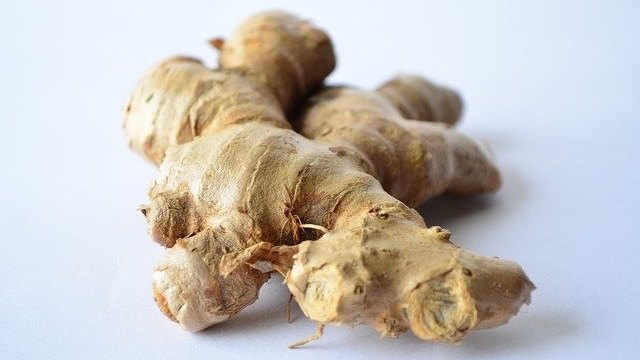
Who has never tasted ginger’s exotic and spicy flavour? This is a well-known tropical plant (Zingiber officinale) whose root is used in both Traditional Chinese Medicine and Western Herbal Medicine.
Superpowers:
- It’s a wonderful digestive aid for an upset stomach, and it greatly helps relieve nausea. This is likely the most well-known benefit from ginger. Giving it to your pet 30 minutes before travelling can help a lot with motion sickness.
- Has a gigantic anti-inflammatory component which can be quite useful in managing osteoarticular associated pain.
How to use:
Ginger comes in a variety of forms, including powder, capsule/pill, tincture, tea and raw root. If available, fresh organic ginger root is usually the best option.
For nausea relief, follow this lead according to your pet’s weight:
- 10 lbs or less – ¼ tsp, 3 times a day
- 10 to 35 lbs – ½ tsp, 3 times a day
- Over 35 lbs – ¾ tsp, 3 times a day.
Always start slow and work your way up to the full dose that works better for your buddy.
Basil
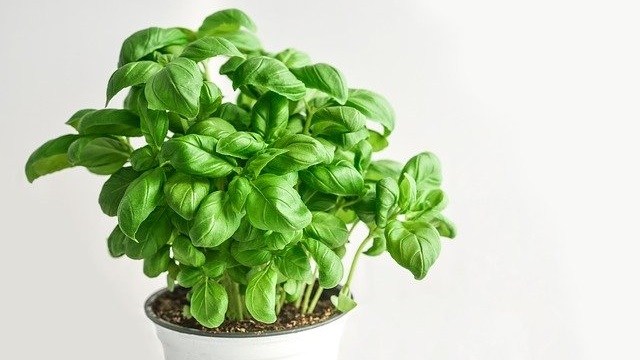
Mamma mia! What a lovely leafy herb to add to your pet’s diet. Famous for its starring role in pesto, basil has a fresh and a sweet yet savory taste that both felines and canines will enjoy. When we’re talking about safe herbs for dogs and cats, it has to be mentioned!
Superpowers:
- Has calming properties. Basil decreases the levels of cortisol, the so-called stress hormone, which may help reduce the pet’s anxiety.
- Helps in the protection and prevention of cellular damage, while also destroying free radicals due to its high antioxidant component.
How to use:
Sprinkling small amounts over your pet’s food, like a true Italian, is the way to go! Both dried and fresh forms are safe and beneficial for canines and felines.
Safe Herbs for Dogs and Cats – Conclusion

Just like for us humans, herbs can add a healthy twist to our pet’s food bowl. However, keep in mind that the recommended amounts should never be disregarded.
Besides, remember that herbs and spices are more easily digested when chopped very finely or, in case of dried herbs, ground down to a powder.
There you go – these are 3 of the most beneficial and safe herbs for dogs and cats! As always, if you’d like to know more about this topic, feel free to seek advice with Maven’s vet team!
Maven is all about proactive pet care. Be your best friend’s best friend by giving them 24/7, high-quality, industry-leading vet care to improve their mental health, physical health and more. No more frantic googling or unneeded stressful visits to the vet – Maven helps you save hundreds while also ensuring your pet lives the best life possible. Get your kit now!

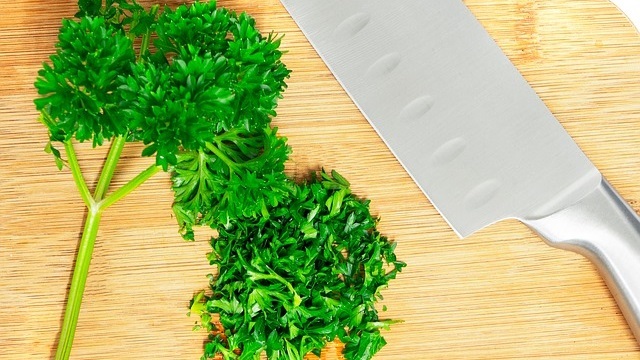

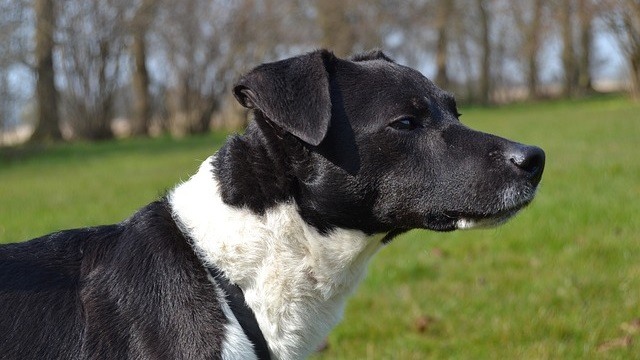

Good to know!
Just the info i was looking for, tks
Love this
Interesting